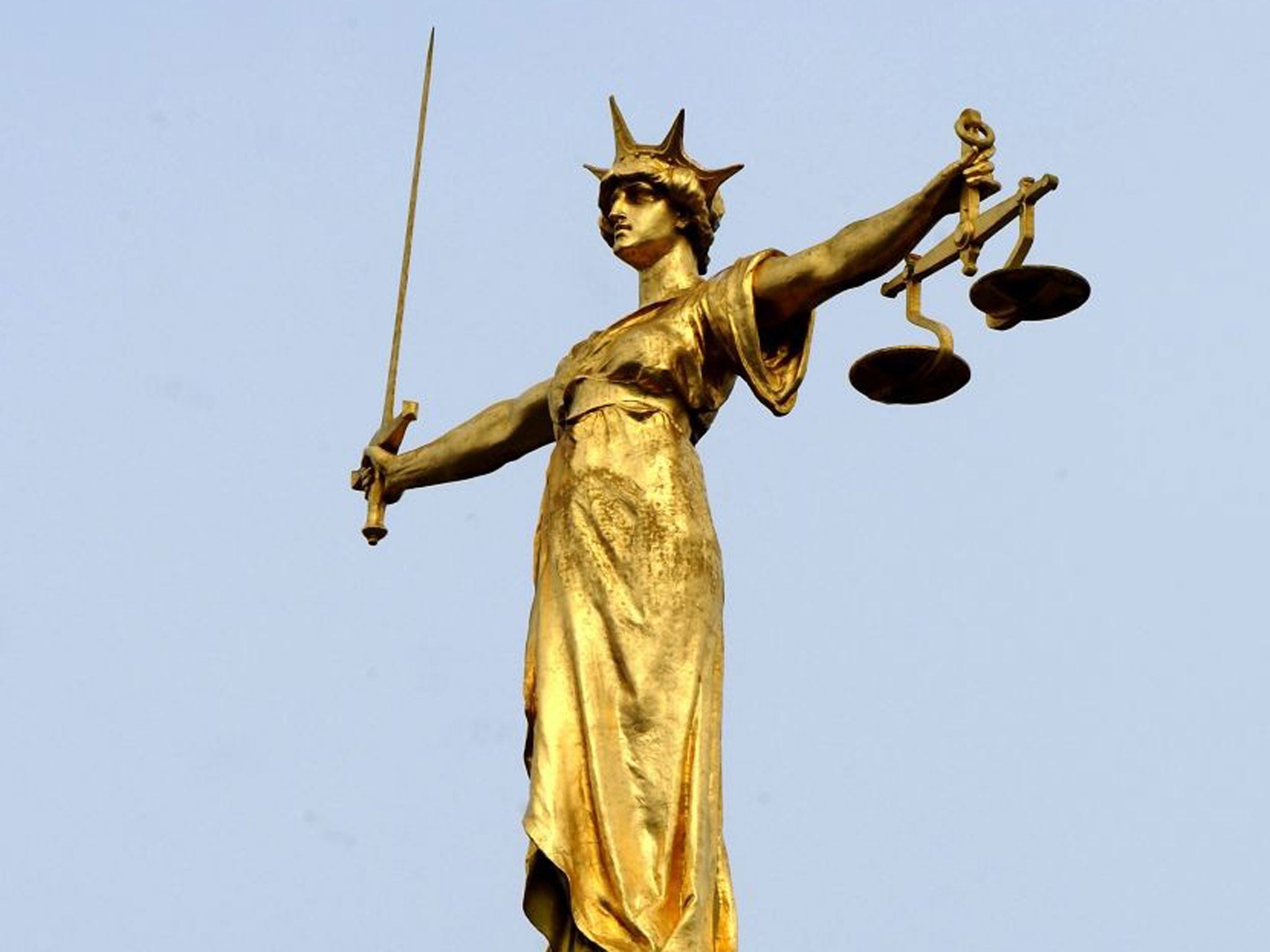Child sex abuse cases collapsing in court as children are denied the support they need to give evidence, says NSPCC
Only 2% of child witnesses receive professional guidance during criminal proceedings, according to the children's charity

Your support helps us to tell the story
From reproductive rights to climate change to Big Tech, The Independent is on the ground when the story is developing. Whether it's investigating the financials of Elon Musk's pro-Trump PAC or producing our latest documentary, 'The A Word', which shines a light on the American women fighting for reproductive rights, we know how important it is to parse out the facts from the messaging.
At such a critical moment in US history, we need reporters on the ground. Your donation allows us to keep sending journalists to speak to both sides of the story.
The Independent is trusted by Americans across the entire political spectrum. And unlike many other quality news outlets, we choose not to lock Americans out of our reporting and analysis with paywalls. We believe quality journalism should be available to everyone, paid for by those who can afford it.
Your support makes all the difference.Children giving evidence in court in sexual abuse cases need to be given more support, with many suffering from stress ahead of a trial, the NSPCC has said.
The children's charity warned some cases are collapsing because not enough is done to help vulnerable witnesses.
Chief executive Peter Wanless has called for judges and barristers to be given compulsory training in how to question child witnesses in an appropriate way, paying specific attention to their welfare.
The charity has also demanded that children who testify during such sex abuse cases are offered support from a registered intermediary.
Fresh guidelines on child sex abuse cases are expected later this month.
Fewer than a quarter of the 23,000 child sex offences recorded in England and Wales last year resulted in prosecution, according to the charity's research.
Mr Wanless said, "These children have to publicly relive the most traumatic, upsetting and humiliating experience of their lives in order to try and get justice.
"A victim of child sex abuse is usually the sole witness to the crime and the strength of the case lies in their testimony.
"It is vital that children are supported by a registered intermediary when they are interviewed by the police and if they give evidence in a trial. Justice can only be served if they are able to give their best evidence."
He said defence barristers have been known to aggressively cross-examine child witnesses - challenging, criticising and even accusing them of lying until they feel that "they are the ones in the dock".
"If there is concern that a child can't withstand the experience of giving evidence in a trial, there is a chance that the case will have to be dropped," he said.
"Dealing with the police and the courts can be a daunting and intimidating experience for an adult, let alone a child. Where is the justice in putting children in a position where they don't know what is going on, they can't understand the questions and are unable to make themselves understood?
"All this does is risk the child being further traumatised and the guilty walking free."
Currently just 2 per cent of child witnesses in criminal court cases receive guidance on criminal proceedings from registered advisers, the NSPCC said, and yet at least half said they were unable to understand some of the questions they had been asked.
The research showed that more than 50 percent of child witnesses reported symptoms of stress ahead of a trial, including panic attacks, self-harm and difficulty sleeping.
The charity's own ChildLine service conducted over 1,000 counselling sessions with children worried about attending court.
New Crown Prosecution Service guidelines on prosecuting sexual abuse cases involving children are due to be released later this month.
Writing in the New Statesman last month, Mr Wanless said there has to be an end to "hostile cross-examination".
He wrote, "For some time the NSPCC has been calling for changes to the culture and practice of the courtroom. The Government is now introducing a pilot of pre-recorded cross-examination that would happen before the trial and would reduce stress and delays for young witnesses.
"I am also pleased that the Lord Chief Justice has said he will introduce a select pool of judges with specialist training for complex child abuse cases. But not all child abuse cases are complex and more must be done now to change the treatment of vulnerable witnesses."
He called for compulsory training for judges and barristers and said all legal advocates should be trained in how to question child witnesses in an appropriate way, paying specific attention to their welfare.
He added, "In the midst of this important and often complex debate let's not forget that at the heart of the matter are children. And their welfare must not be sacrificed in the pursuit of justice."
Join our commenting forum
Join thought-provoking conversations, follow other Independent readers and see their replies
Comments